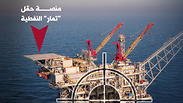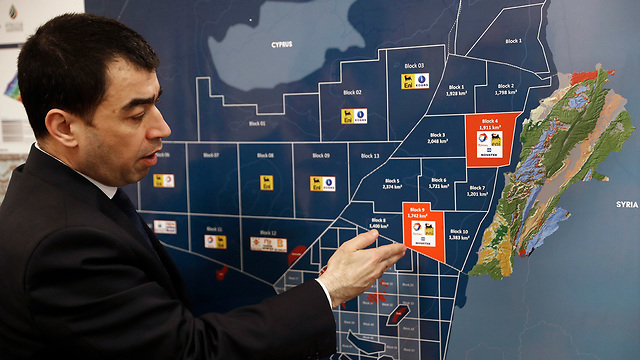
Israel and Lebanon both claim some 860 square kilometers (330 square miles) of the Mediterranean Sea. Lebanon hopes to unleash offshore oil and gas production as it grapples with an economic crisis. Washington is mediating between the two countries, which have been officially at war since Israel's creation in 1948.
Speaking to lawmakers after the meeting, Berri described the meeting as "positive" and said it would be followed up. He said things are moving in the right direction because of the Lebanese "unified" position that protects maritime and land borders, according to his remarks published in the state National News Agency.

Aoun said he informed Satterfield that Lebanon believes demarcating the maritime and land borders reinforces stability in the area and urged Washington to help while respecting his country's frontiers and right to explore for oil and gas.
Berri had told the commander of the U.N. peacekeeping force in Lebanon that the government is ready to establish the maritime border and special economic zone with Israel similar to the one used to demarcate the land border between the two countries after Israel's withdrawal from southern Lebanon in 2000.
Lebanon is expected to begin drilling for oil and gas by the end of the year off the coast north of Beirut, and in the block near the disputed area with Israel a year later. A consortium of French Total, Italian Eni and Russian Novatek will handle exploration there.
A second round of bidding for exploration was approved last month. An agreement over maritime borders would ensure such exploration remains on track.
















